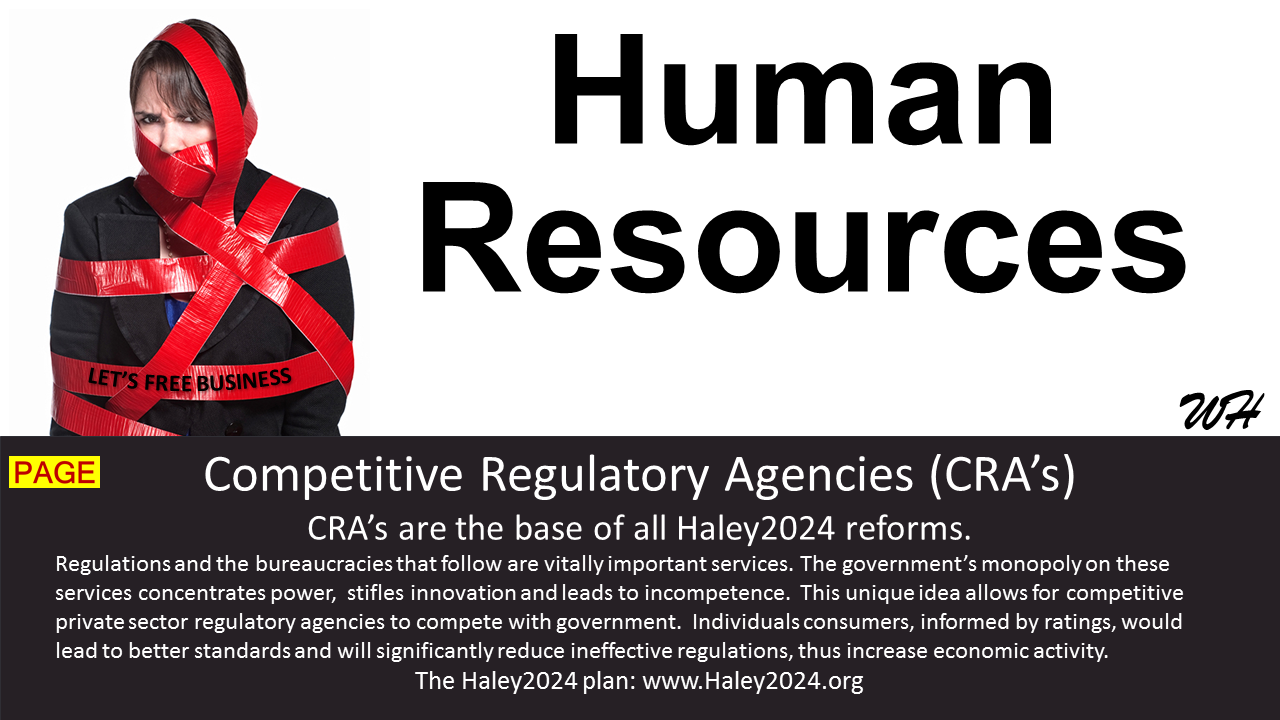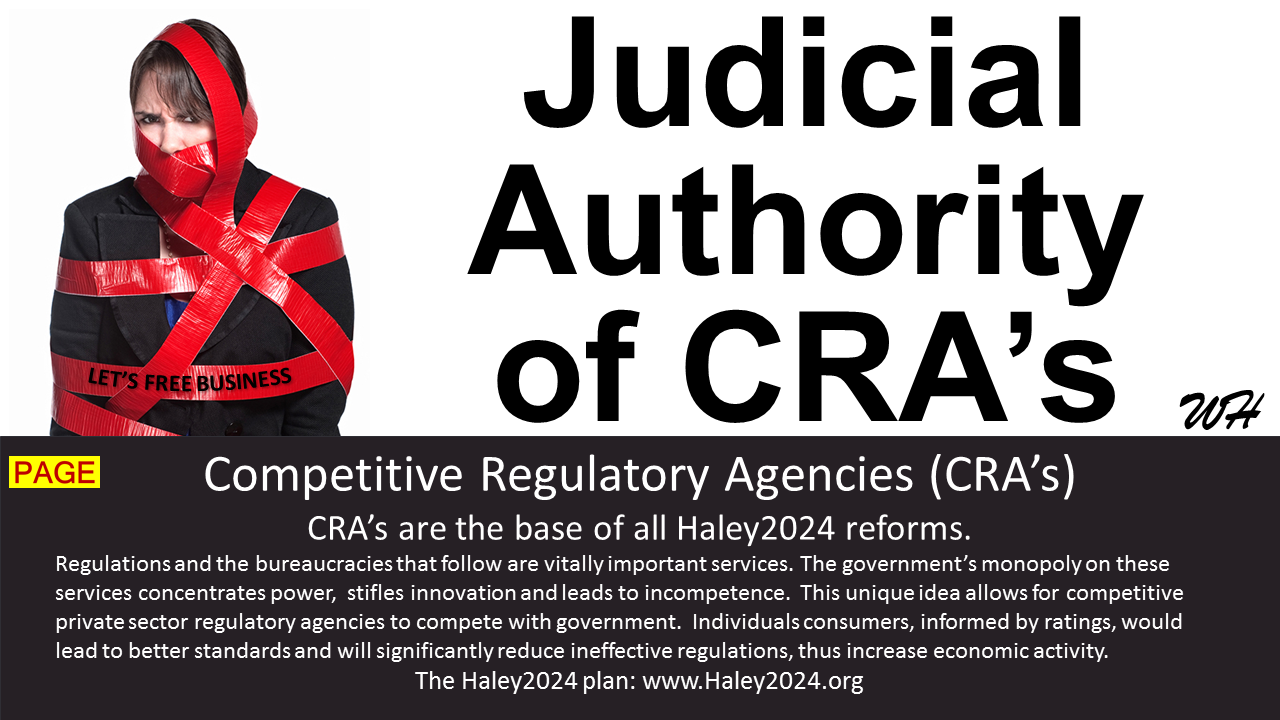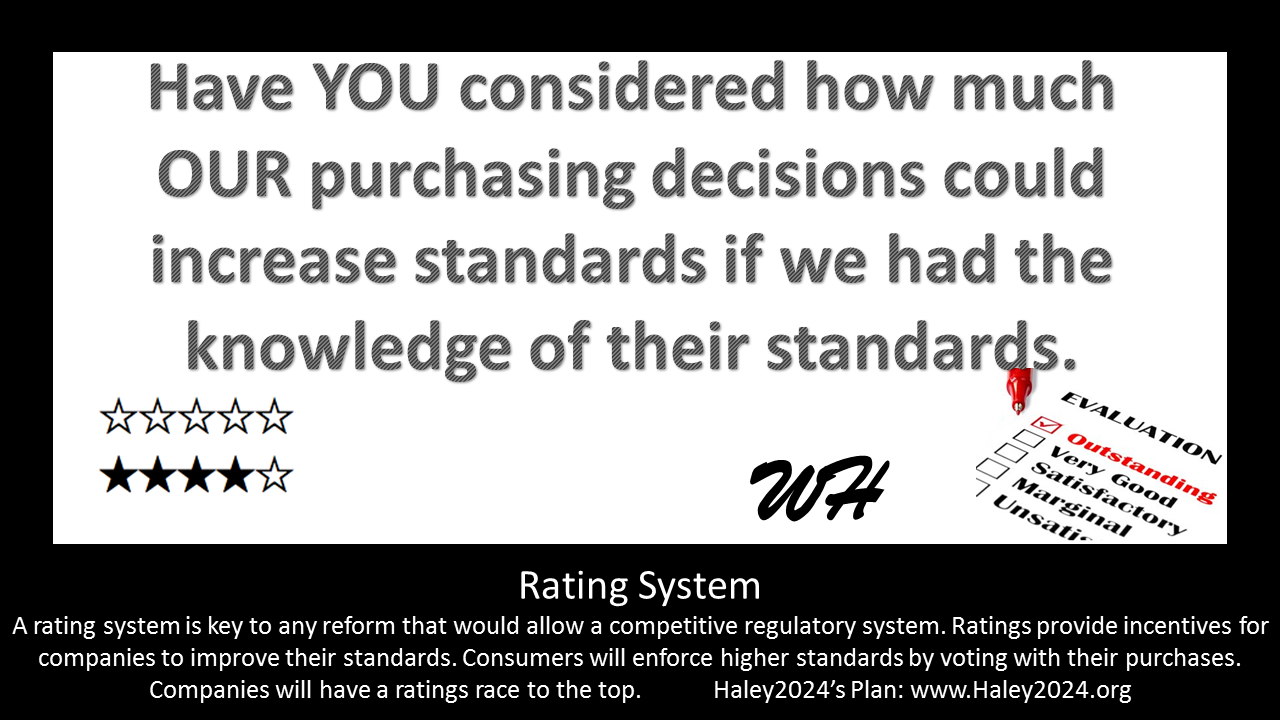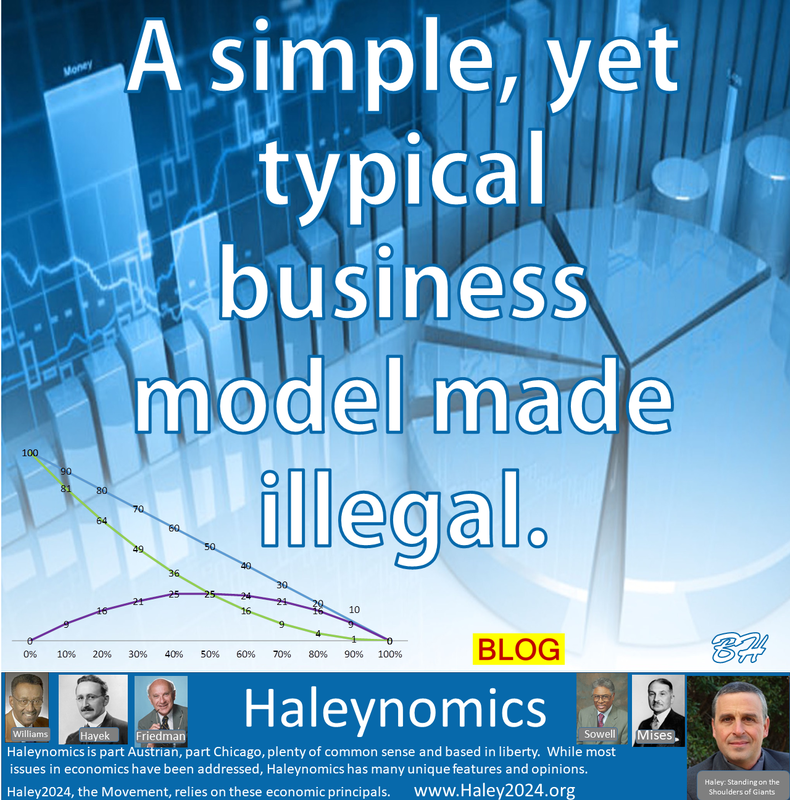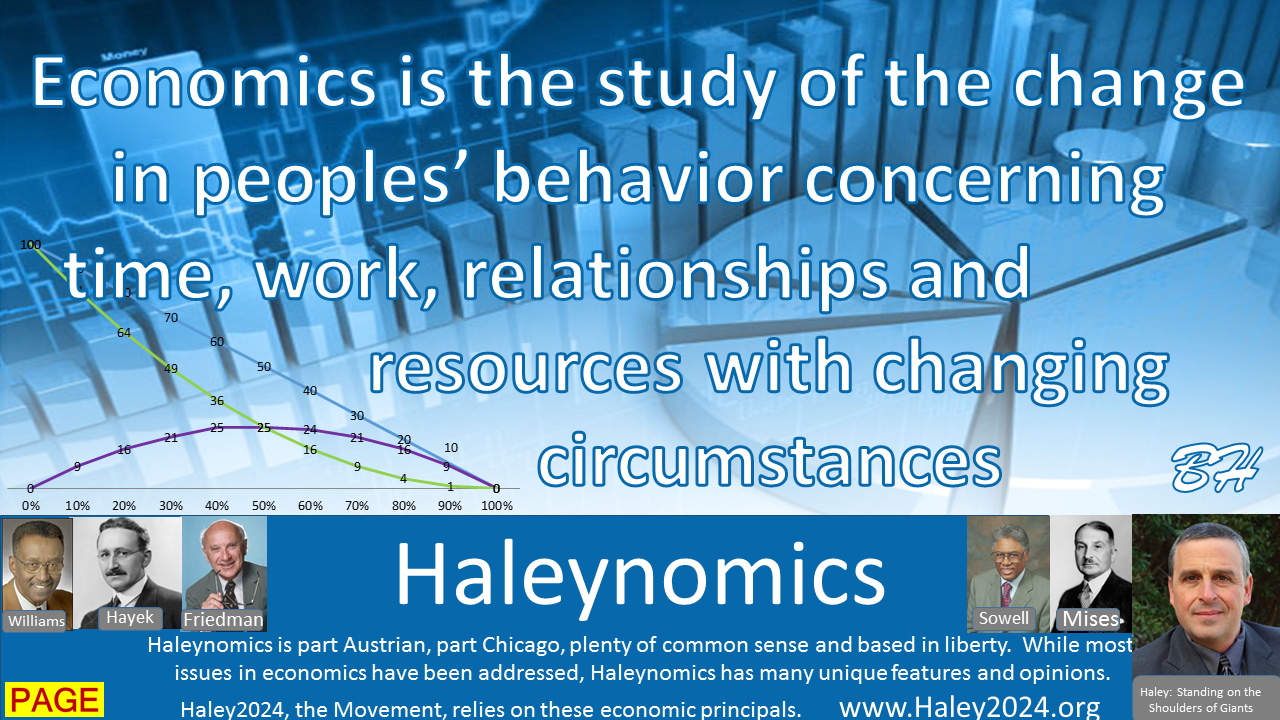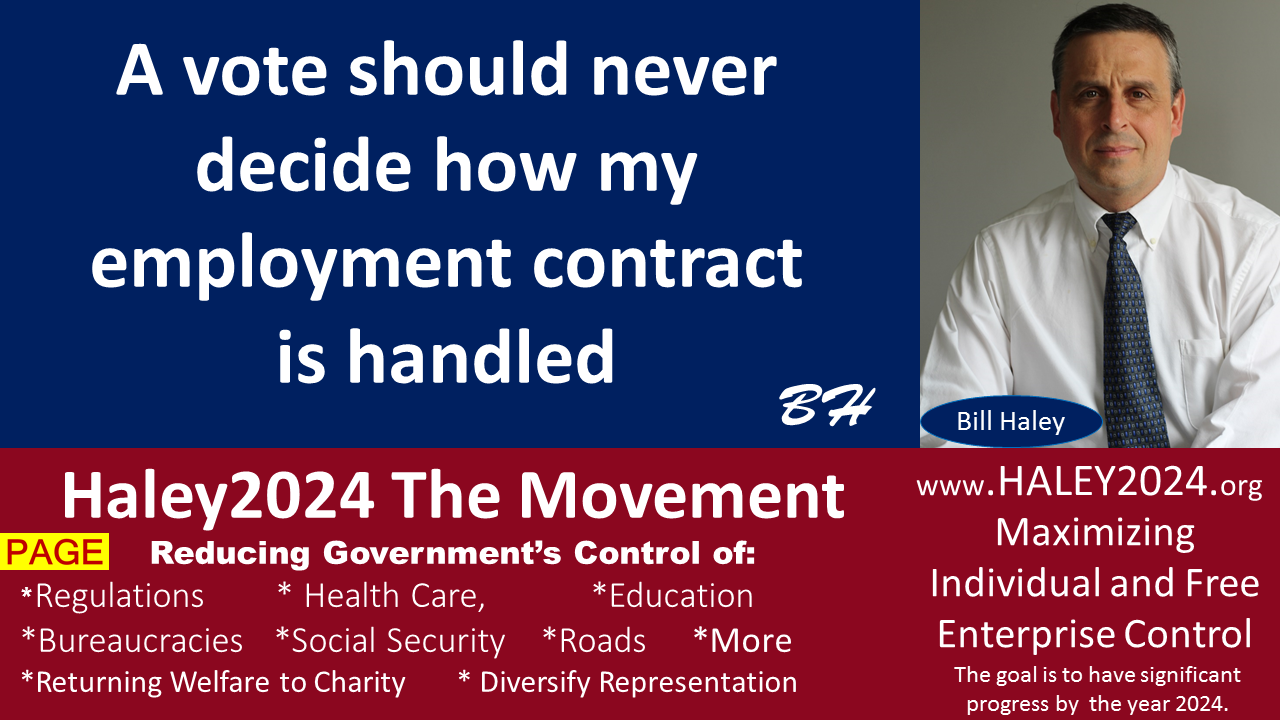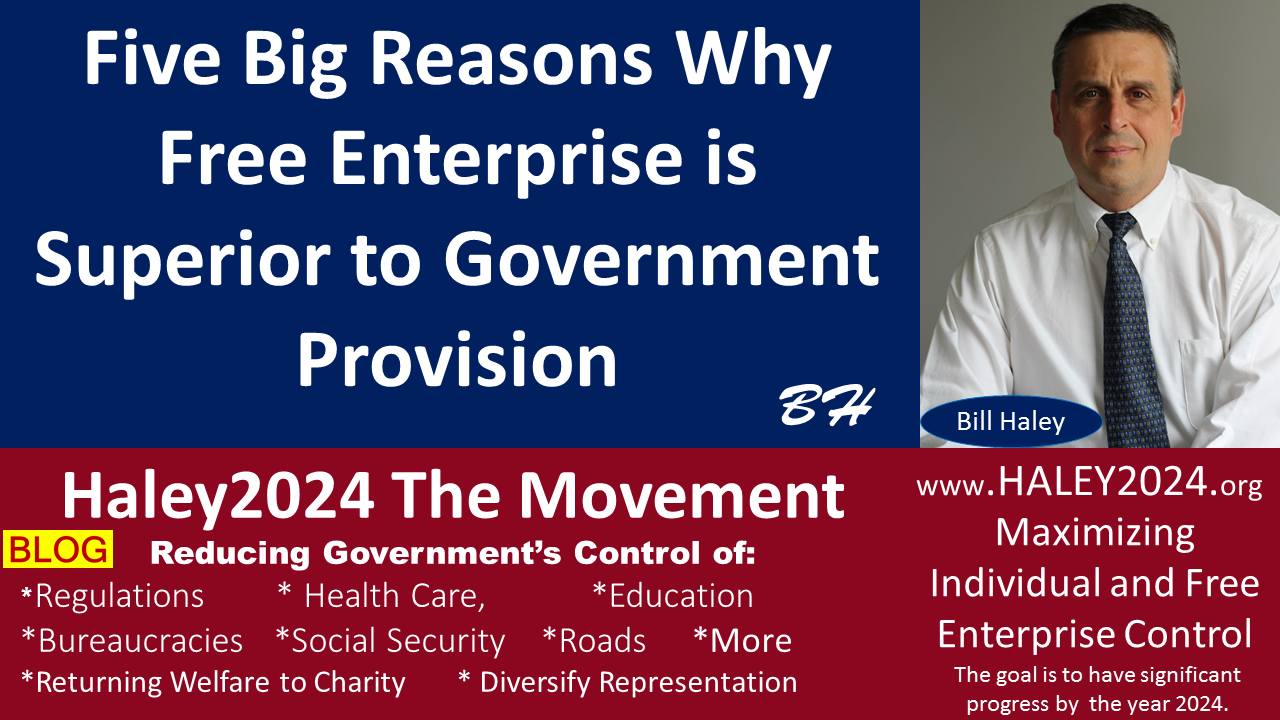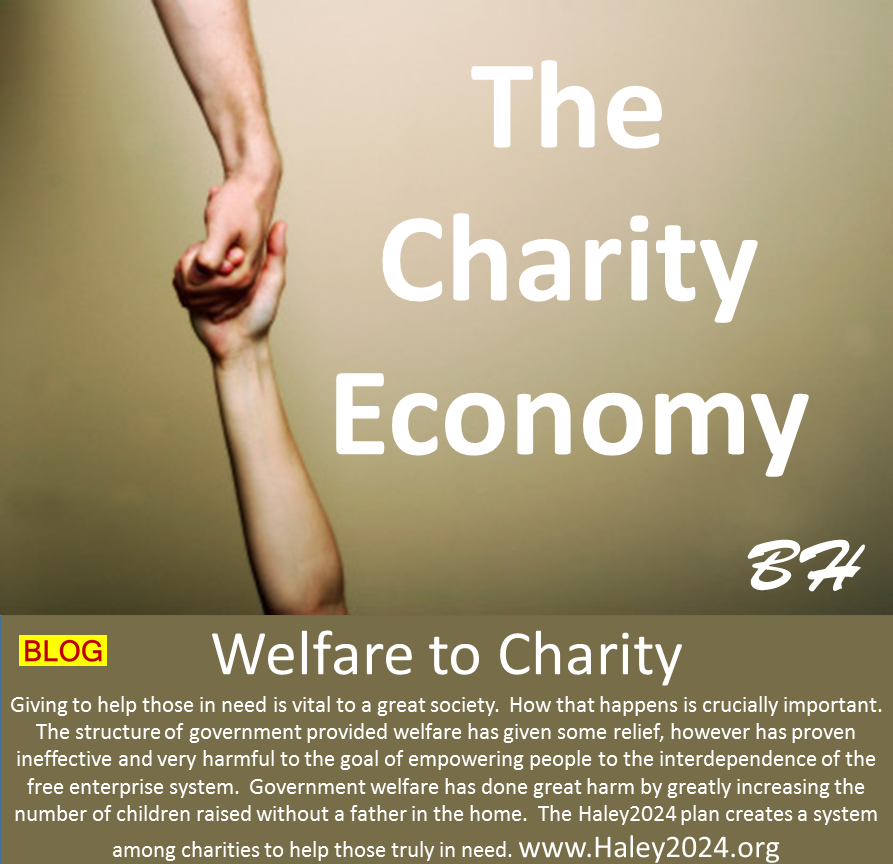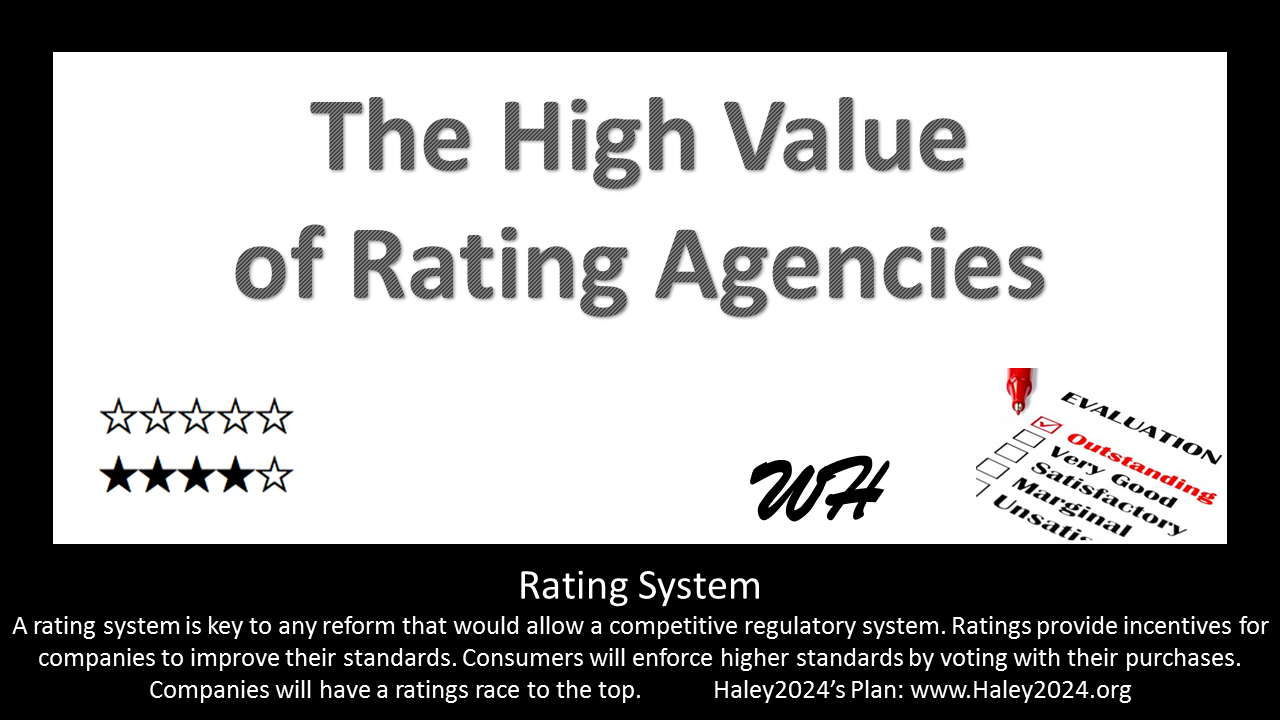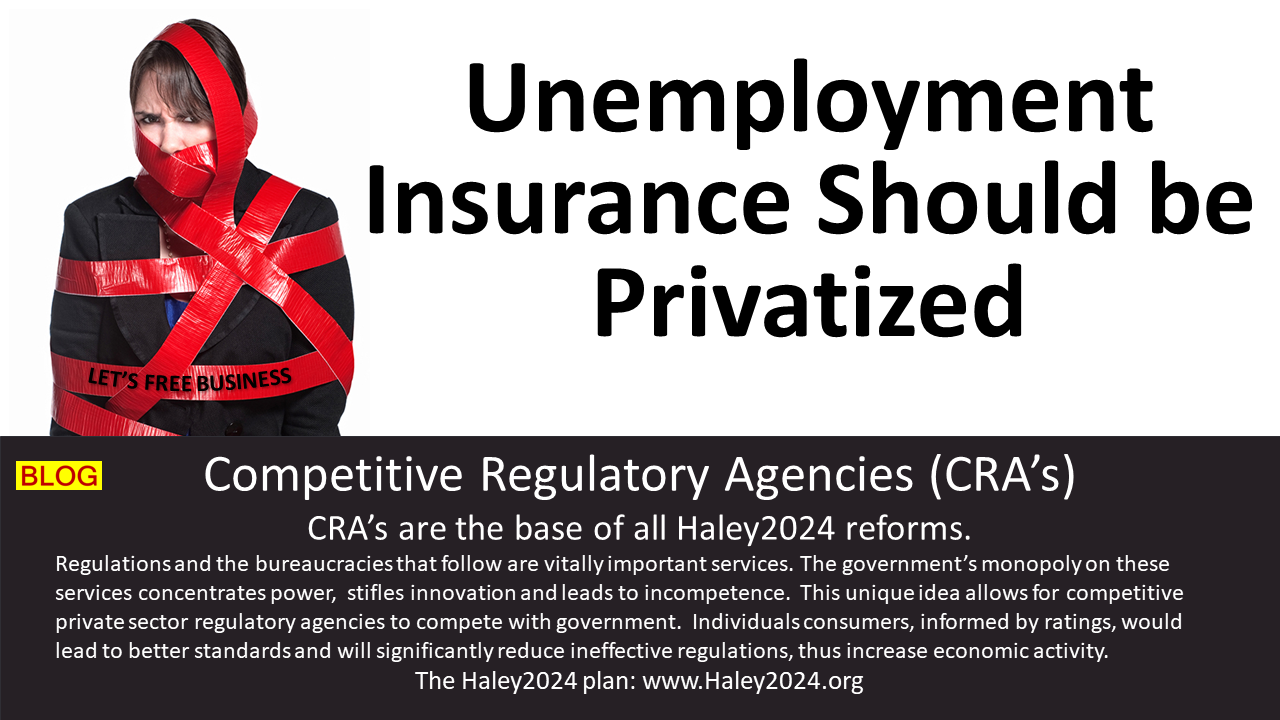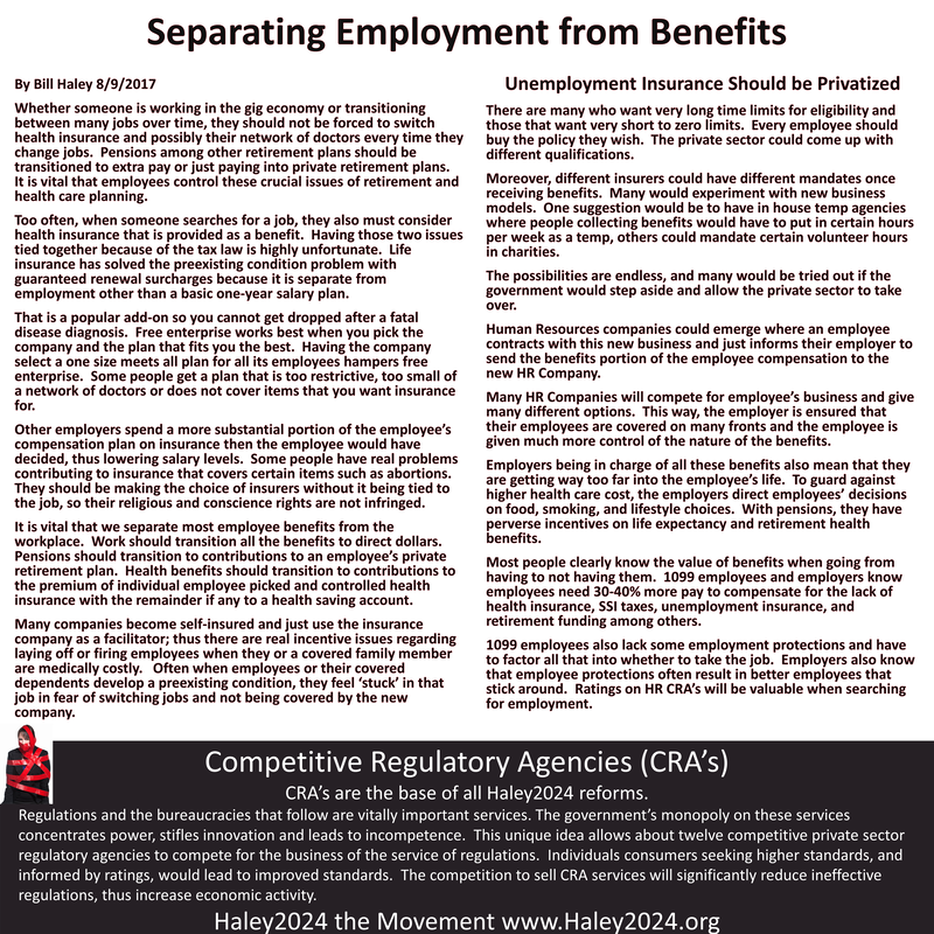| Whether someone is working in the gig economy or transitioning between many jobs over time, they should not be forced to switch health insurance and possibly their network of doctors every time they change jobs. Pensions among other retirement plans should be transitioned to extra pay or just paying into private retirement plans. It is vital that employees control these crucial issues of retirement and health care planning. |
| Too often, when someone searches for a job, they also must consider health insurance that is provided as a benefit. Having those two issues tied together because of the tax law is highly unfortunate. Life insurance has solved the preexisting condition problem with guaranteed renewal surcharges because it is separate from employment other than a basic one-year salary plan. |
| That is a popular add-on so you cannot get dropped after a fatal disease diagnosis. Free enterprise works best when you pick the company and the plan that fits you the best. Having the company select a one size meets all plan for all its employees hampers free enterprise. Some people get a plan that is too restrictive, too small of a network of doctors or does not cover items that you want insurance for. |
| Other employers spend a more substantial portion of the employee’s compensation plan on insurance then the employee would have decided, thus lowering salary levels. Some people have real problems contributing to insurance that covers certain items such as abortions. They should be making the choice of insurers without it being tied to the job, so their religious and conscience rights are not infringed. |
| It is vital that we separate most employee benefits from the workplace. Work should transition all the benefits to direct dollars. Pensions should transition to contributions to an employee’s private retirement plan. Health benefits should transition to contributions to the premium of individual employee picked and controlled health insurance with the remainder if any to a health saving account. |
| Many companies become self-insured and just use the insurance company as a facilitator; thus there are real incentive issues regarding laying off or firing employees when they or a covered family member are medically costly. Often when employees or their covered dependents develop a preexisting condition, they feel ‘stuck’ in that job in fear of switching jobs and not being covered by the new company. |
Unemployment Insurance Should be PrivatizedThere are many who want very long time limits for eligibility and those that want very short to zero limits. Every employee should buy the policy they wish. The private sector could come up with different qualifications. |
| Moreover, different insurers could have different mandates once receiving benefits. Many would experiment with new business models. One suggestion would be to have in house temp agencies where people collecting benefits would have to put in certain hours per week as a temp, others could mandate certain volunteer hours in charities. |
| The possibilities are endless, and many would be tried out if the government would step aside and allow the private sector to take over. Human Resources companies could emerge where an employee contracts with this new business and just informs their employer to send the benefits portion of the employee compensation to the new HR Company. |
| Employers being in charge of all these benefits also mean that they are getting way too far into the employee’s life. To guard against higher health care cost, the employers direct employees’ decisions on food, smoking, and lifestyle choices. With pensions, they have perverse incentives on life expectancy and retirement health benefits. |
